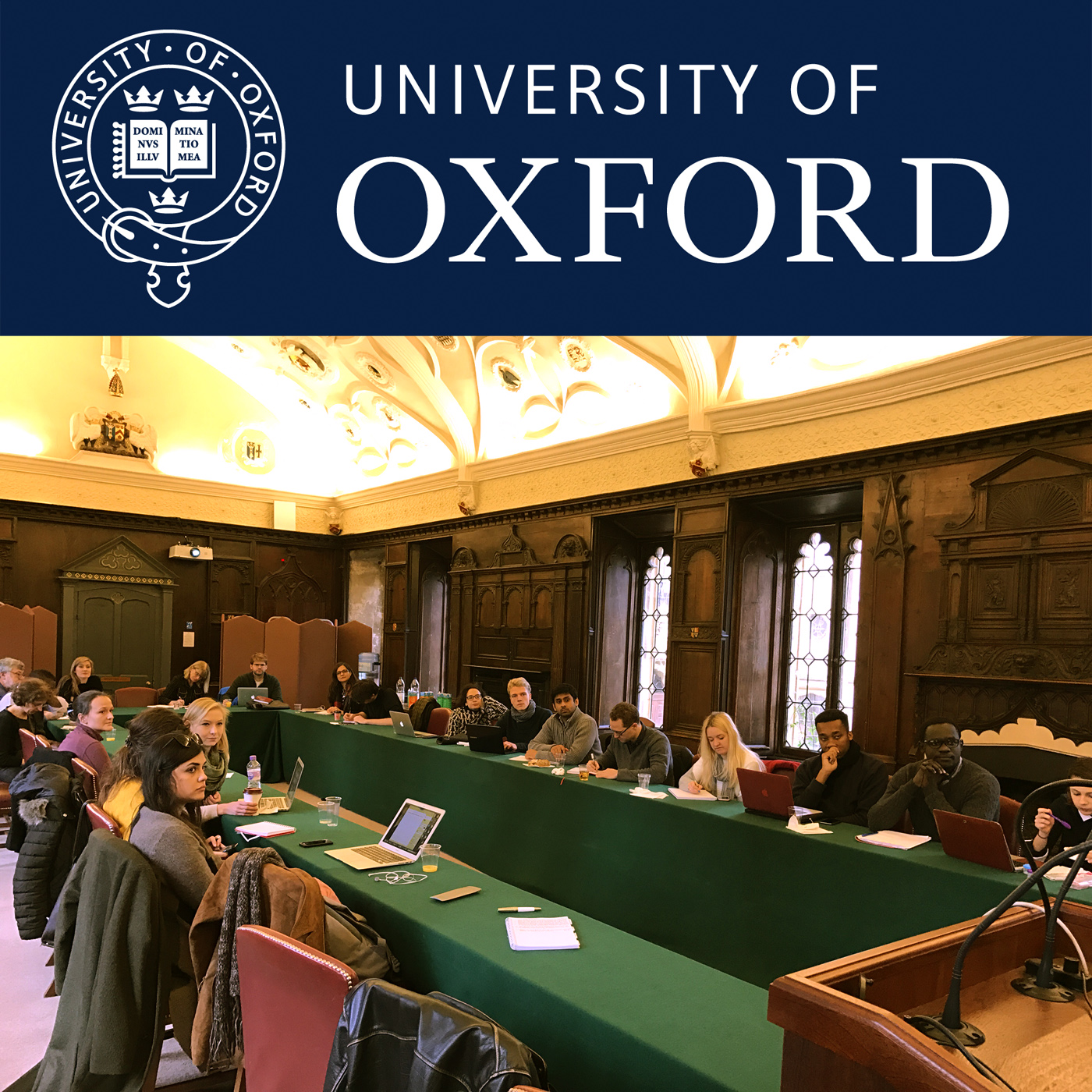International Law and the Sustainable Development Goals – shaping the rules for our common future
Description
The UN Conference on Sustainable Development - or Rio+20 - took place in Rio de Janeiro, Brazil on 20-22 June 2012 States decided to launch a process to develop a set of Sustainable Development Goals (SDGs), which built upon the Millennium Development Goals and was designed to converge with the post 2015 development agenda. By 2015, these SDGs had been adopted in the United Nations. In the United Nations General Assembly Resolution Transforming our World: The 2030 Agenda for Sustainable Development, the UN and its Member States agreed on 17 SDGs and 169 related time-bound targets and specific means of implementation.[1] Relying on joint UNEP/CISDL research, this presentation argues that SDGs and their targets can be found in the object and purpose of many important international treaties in the field of sustainable development.[2] While many SDGs in principle and many targets in concrete terms already form part of international legal obligations of states, the SDGs have been received by legal practitioners as much more than a simple policy document. The SDGs are shaping the application and interpretation of sustainable development as a concept and perhaps interstitial norm, arguably more than even the Rio Declaration Principles. Although designed as a set of country-level goals, the SDGs are already shaping the rules for our common future at the international level.
Bio:
Markus Gehring is the Arthur Watts Senior Research Fellow in Public International Law. His main areas of research are international trade law, international sustainable development law, including climate change and the legal implications of Brexit and EU external relations law. He is also a Senior Fellow with the Centre for International Governance Innovation (CIGI), a Fellow of the Lauterpacht Centre for International Law at the University of Cambridge, a Fellow in Law of Hughes Hall and serves as Lead Counsel for the Centre for International Sustainable Development Law (CISDL). Markus started his academic career at the University of Oxford, then joined the University of Cambridge where he served as lecturer in law at the Department of Politics and International Studies, as tutor in Sustainable Development Law and as deputy director in the Centre for European Legal Studies in the Faculty of Law. He has also served as vice-dean of Research and Jean Monnet Research Chair ad personam in Sustainable Development Law at the University of Ottawa, Faculty of Law, Civil Law Section. Markus studied as an Erasmus student at the Universidad de Deusto in Bilbao, Spain. He holds a professional law degree from the Faculty of Law at the University of Hamburg, Germany, an LL.M. from Yale Law School, an M.A. from the University of Cambridge, a Dr. iur. from the Faculty of Law at the University of Hamburg, and a second doctorate with his J.S.D. from Yale Law School. He is a barrister and solicitor of the Law Society of Upper Canada and a Rechtsanwalt (German lawyer) in the Frankfurt/Main Bar in Germany. He is also an affiliate member of Landmark Chambers in London.
More Episodes
What explains the rise of investor-state arbitration? To the extent that investor-state arbitration had founding fathers, what were their motivations, what constraints did they have, what was their thinking? Using documents from the American, British, German, and Swiss archives, this talk will...
Published 05/31/19
Published 05/31/19
Investment treaties are often said to have two principal effects for the states that enter into them. First, it is asserted that investment treaties act to increase levels of foreign investment in host states. Second, it is said that investment treaties have a positive effect on national...
Published 05/07/19


